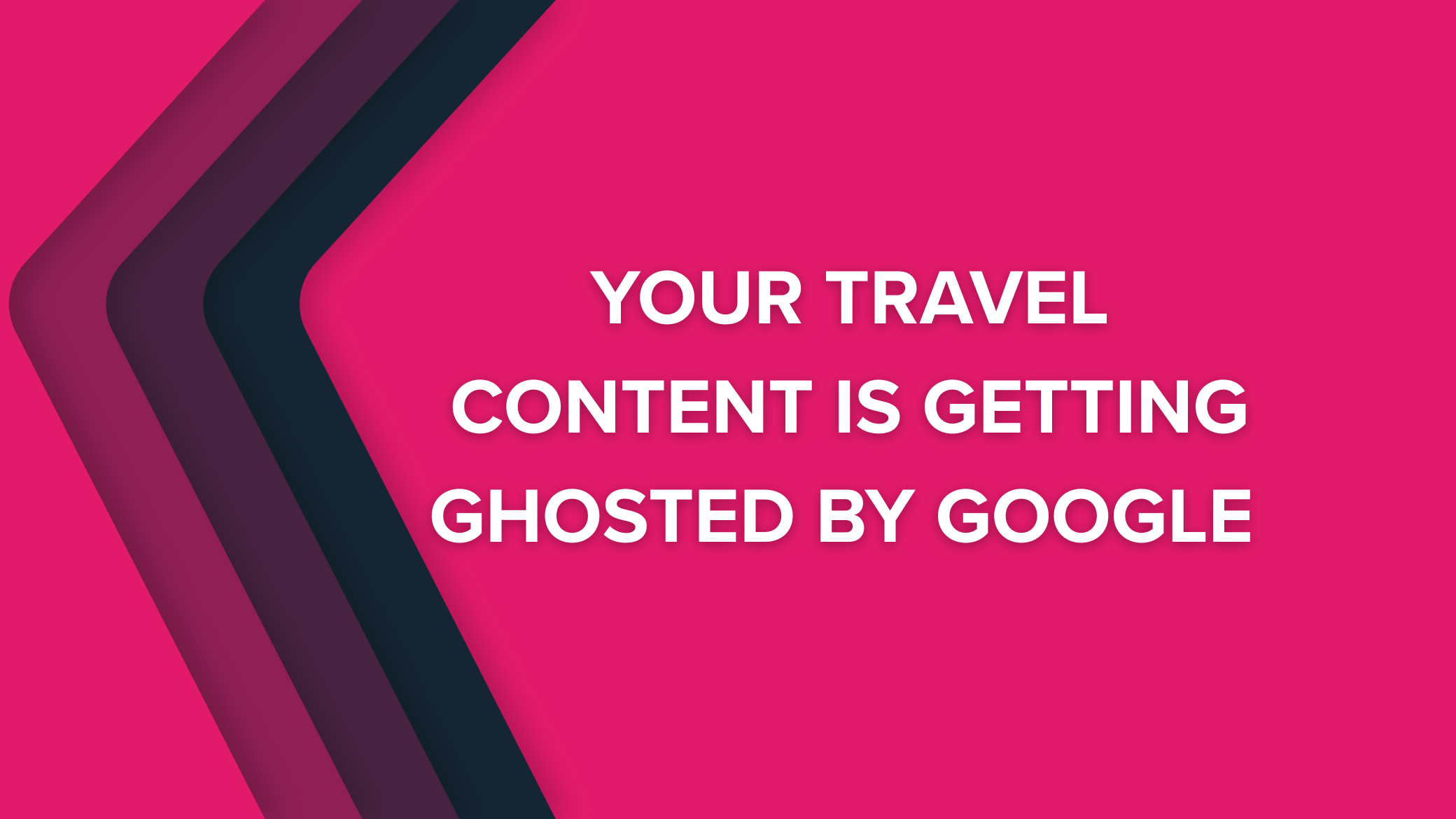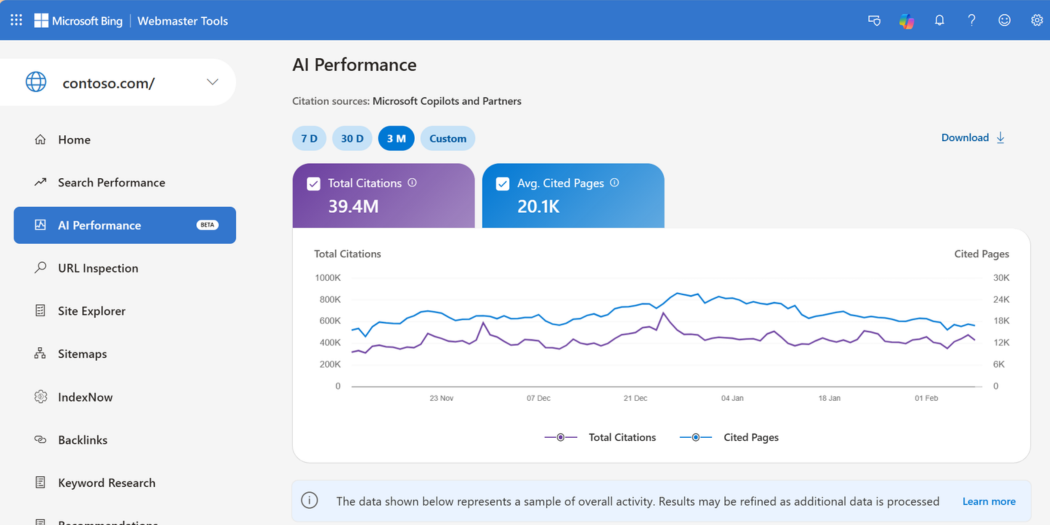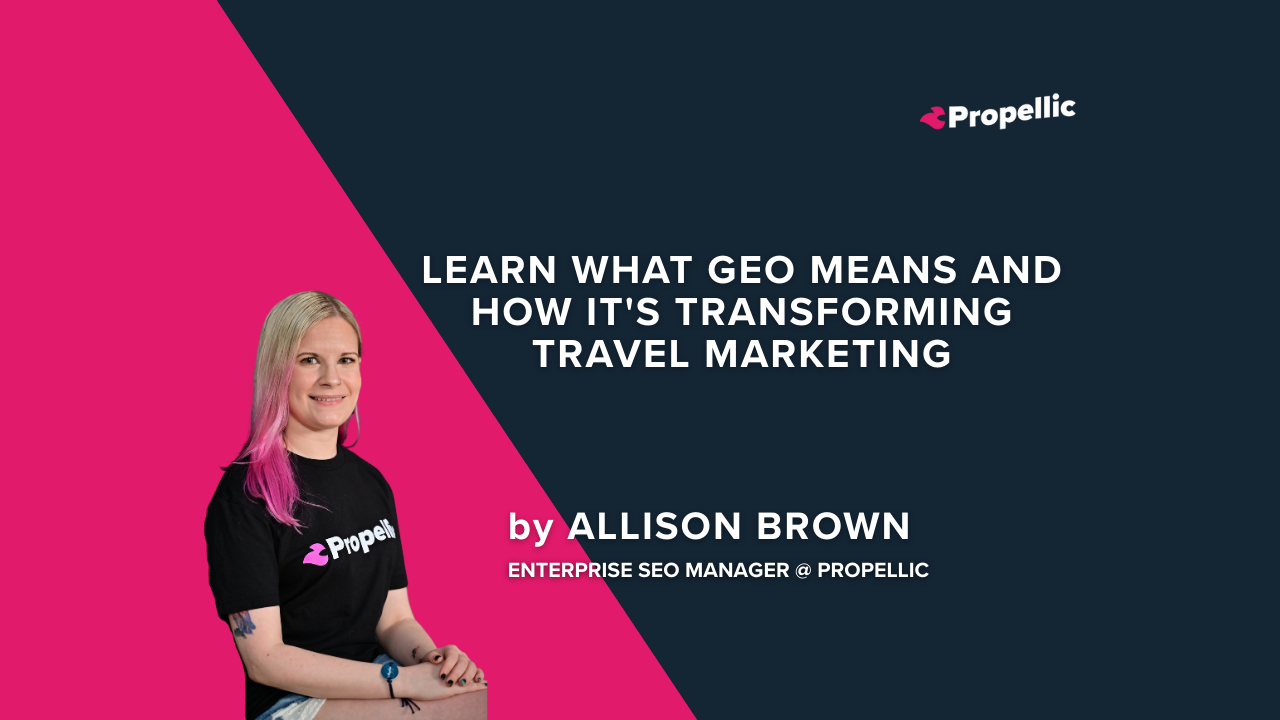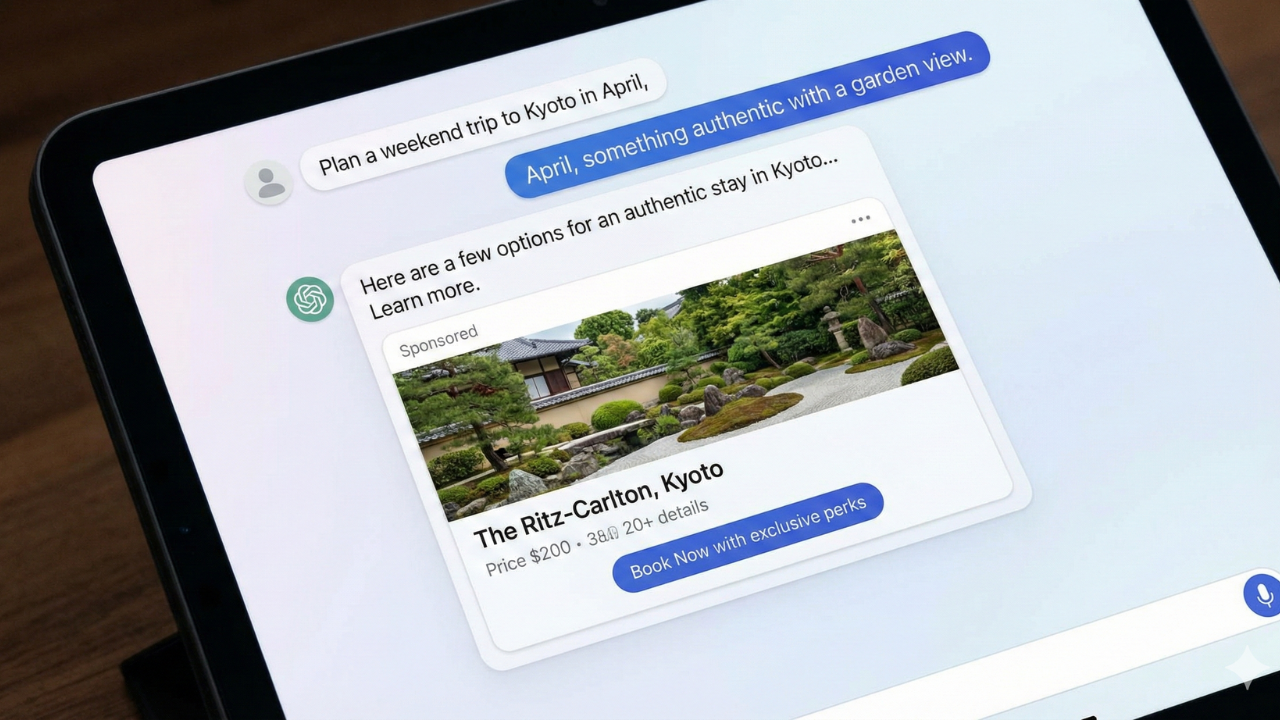The Death of Clicks? Google Says ¨No...¨

By: Brennen Bliss, CEO @ Propellic
Pew Research just dropped a study that confirms what many of us in travel marketing have been expecting: Google's AI summaries are absolutely crushing click-through rates. When an AI Overview appears, users click on traditional search results just 8% of the time. Without AI? That jumps to 15%
Do the math. That's nearly a 50% drop in clicks.
Google's Very Google Response
Naturally, Google fired back, claiming the study is "flawed" and uses a "skewed query set." Their main argument? The sample size of 900 users and 66,000 queries is too small to matter.
But here's where it gets interesting. Kevin Indig (highly respected SEO advisor and our partner on several projects) had the perfect response: "Aggregate web traffic not being down is... highly questionable 😉" and called Google's rebuttal nonsense because "it's not a keyword analysis, it's a user behavior analysis."
The Travel Industry Reality Check
From what we're seeing across our client portfolio, travel is getting hit particularly hard. We're observing way more than the "one in five" AI summary rate Pew found – especially for those juicy top-of-funnel searches like "best places to visit in winter" or "what to do in Barcelona."
The result? Our publisher clients and destination content are seeing traffic drops that would make a CFO cry. And it makes sense – why click through to read "10 Things to Do in Paris" when Google's AI just summarized it for you?
What This Actually Means for Your Marketing
Stop optimizing for clicks you're never going to get. The game has changed, and if you're still playing by 2020 rules, you're already losing.
Here's what smart travel marketers are doing instead:
- Focus on bookable content – AI can summarize your destination guide, but it can't book your tour (yet)
- Get cited in AI summaries – Being mentioned as a source is the new Page 1 ranking
- Double down on bottom-funnel terms – "Book whale watching San Diego" isn't getting AI-summarized anytime soon. We’ll talk about how new features in Search Ads are addressing searches like this, so be sure to read along.
The click isn't dead, but it's definitely on life support. Time to adapt or get left behind.
Travel Search Ads are Getting a Facelift
%2520Travel%2520Feeds%2520for%2520Search%2520Ads%2520Are%2520Here.png)
By: Brennen Bliss, CEO @ Propellic
In a shocking turn of events, Google has announced a feature that actually makes travel marketing simpler instead of more complicated. I know, I had to read it twice too.
Travel Feeds in Search Ads just launched to the general public, and it's basically Google saying "hey, remember all that hotel and activity data you're already feeding us? Let's actually use it to make your Search ads not suck."
Finally, Your Feed Data Gets Off the Bench
For years, your Hotel Center, Travel Ads, and Actions Center feeds have been like that expensive marketing tool you bought but only use for one thing. You've been feeding Google detailed prices, availability, and booking info, but it was just sitting there powering your hotel or Travel Ads campaigns while your Search ads looked like they were designed in 2015.
Not anymore. Google is now automatically pulling that same feed data to enhance your Search ads with prices, images, and direct booking links. It's your existing data, working harder across multiple ad formats.
Translation: The work you've already done finally pays off twice.
Stop Embarrassing Yourself with Text-Only Ads
There's literally no excuse anymore for serving up boring, basic text ads when your competitor can show up with rich formats featuring hotel photos, real-time pricing, and instant booking capability. The clicks will go to rich results.
Google's internal data shows advertisers using their full range of formats see up to 20% higher click-through rates.
Think about it from a traveler's perspective: Would you click on "Great Hotels in Miami - Book Now!" or an ad that shows you actual hotel photos, current rates, and availability? Yeah, exactly.
The Setup That Actually Makes Sense
Here's the best part – if you already have Hotel Center or Actions Center connected, you're basically done. Link those feeds to your Google Ads account, and boom, your Search campaigns automatically become eligible for these enhanced formats.
Google handles the heavy lifting: picking which properties to show, matching them to search queries, and choosing the best format. You just need to make sure your price accuracy isn't terrible (needs to be "Poor" or higher – yes, "Poor" is apparently acceptable to Google).
Pro tip: Set up URL parameters now to track which clicks come from these travel formats. You'll want that attribution data when your boss asks why conversions are up.
The Early Bird Gets the Bookings
This feature is rolling out across 21 countries and 12 languages, but most travel companies who don’t already use feeds will take months to implement it properly. While your competition is still trying to figure out what "Actions Center" even means, you could be capturing those enhanced clicks.
Your existing feed data was already there. Google just made it work harder. Sometimes the best marketing wins are the ones that require the least additional effort. (You can read “sometimes” as “just this once and unlikely to ever happen again.”)

By: Brennen Bliss, CEO @ Propellic
Wow… lots of Google today. Something new and different? Nope.
Just when we thought Google was done experimenting with our livelihoods (kidding), they dropped Web Guide – a new Search Labs feature that might actually help travel marketers instead of crushing them.
Discovery vs. Death
Here's the plot twist: While AI Overviews have been systematically murdering clicks by spoon-feeding answers directly to users, Web Guide seems designed to help people discover more web pages by organizing results around different aspects of their query.
Let’s pick a side, Google…
Instead of "here's your answer, now go away," Web Guide says "here are multiple angles on your question, organized in helpful ways."
Another use of Query Fan-Out & Themes
The concept of “Themes” is permeating Google across advertising and organic platforms.
Query fan-out is likely the product of Google’s “Thematic Search” patent. Query fan-out is a geeky way of saying “Google looks at your search, and proceeds to pre-search similar topics, returning all results on that theme together.”
Web Guide runs “thematic search” with multiple related searches simultaneously behind the scenes to surface results you might not find otherwise. Think of it as Google casting a wider net for your content.
Here's why this matters for travel: Your comprehensive "Solo Travel in Japan" guide could get discovered when someone searches for specific aspects like "Japan rail pass tips" or "safe neighborhoods Tokyo women" – even if you didn't optimize for those exact phrases.
The technical win: This bridges the gap between AI surfaces (which work on passage-based indexing) and traditional Google Search (which is page-based). Your content gets multiple chances to show up based on different sections and angles within your pages.
The Reality Check
Web Guide is launching as a Search Labs experiment, which means you're the beta tester. But unlike AI Overviews that felt like a hostile takeover, this one seems designed to surface more content, not less.
Early tests show it working particularly well for open-ended travel queries like "how to solo travel in Japan" – exactly the kind of top-of-funnel content that's been getting buried by AI summaries.
Time will tell if this becomes a permanent feature or another Google experiment graveyard resident. But for now, it's nice to see an AI feature that might actually help content creators instead of replacing them.
Opinion: A Man, A Dog, and The Machine

By: Brennen Bliss, CEO @ Propellic
The Data Wars: Why Conversion Tracking Decides Who Wins
Advertising is becoming less about human strategy and more about feeding the machine. Google's algorithms now handle bidding, audience targeting, and placement decisions that used to require entire teams. Meta's AI picks who sees your ads. The platforms are running the show.
Here's the uncomfortable truth: While you're losing control over how ads get delivered, the one thing that still separates winners from losers is the quality of data you're feeding these automated systems.
The Algorithm Training Ground
Every conversion you report back to Google or Meta is a training signal. You're literally teaching the AI what success looks like for your business. Feed it garbage data, get garbage results. Feed it precise, valuable data, and watch it find more profitable customers.
Most travel companies are training their algorithms like they're teaching a toddler to drive. They're reporting every form fill, every email sign-up, and every "thank you" page visit as equally valuable conversions. The algorithm thinks a newsletter sign-up is as good as a $5,000 tour booking. Even if you haven’t set conversion values, check your Google Ads account and see if you have two conversions of different values set as “Primary Conversions.”
An Example of Data Improvement for OTAs
If you're an OTA reporting gross booking value as your conversion value, you're telling Google that a $10,000 booking where you make $200 is the same as a $2,000 booking where you make $600.
The algorithm will chase those big gross numbers while your margins get crushed. Feed your actual gross margins back to the platform. Train it to find bookings that make you money, not just bookings that look impressive on a dashboard.
Lead-Based Businesses: Don’t Stop at the Form Fill
Running a tour company where people call to book? If you're not using offline conversion tracking to tell the ad platforms which leads actually became paying customers, you're flying blind.
Google and Meta both offer offline conversion tracking through CRM integrations. When someone clicks your ad, fills out a form, then books a $15,000 trip three weeks later, the algorithm needs to know that happened. Otherwise, it keeps optimizing for form fills instead of actual sales.
The Unit Economics Reality
In travel, margins are tight and customer acquisition costs are brutal. A 5% difference in targeting efficiency can mean the difference between profitability and bankruptcy.
The companies that survive the next few years won't be the ones with the biggest ad budgets – they'll be the ones with the cleanest data feeding the smartest algorithms.
We must be surgically precise about what counts as success. Every data point you send back is either making your campaigns smarter or dumber.
The platforms have widely taken control of the targeting and bidding. But they still need you to tell them what winning looks like.
The Future is Already Here
My friend and client, John Lyotier of Travel AI, shared a quote that perfectly captures where advertising is headed: "The factory of the future will have only two employees: a man and a dog. The man will be there to feed the dog. The dog will be there to keep the man from touching the equipment," –Warren G. Bennis
That's advertising today. And my dog Casper is sitting right here while I type this, making sure I don’t break anything. Welcome to the future *slowly dawns a pair of Meta AI Ray-Bans.*

By: Brennen Bliss, CEO @ Propellic
Two weeks ago, I had the opportunity to listen to Anthropic’s CISO, Jason Clinton, talk about generative engine optimization (GEO) at a conference in my home city, Austin, Texas.
The BS Detectors Are Already Running
Here's something that should make every content creator pay attention: Search engines and LLMs are (likely) using smaller AI models as "bs detectors" to filter AI-generated content before their larger models even process it.
That mass-produced destination content you've been cranking out with ChatGPT? It's getting flagged and filtered before it reaches the AI systems that might cite your site as a source. The bots are policing the bots, and authenticity is becoming the ultimate ranking factor.
Use the following prompt in Claude to test for this: Does this website look like it was written like AI? Is it using hackneyed language that looks like it was written like a human rather than AI? Answer only on a scale of 1-5 and point out why. 1 is very AI written, 5 is perfectly human written.
If your content scores < 3, at least for Claude, you’re likely being excluded from the training and RAG set.
Your Legacy Content Problem
Clinton highlighted something most travel sites haven't considered: thousands of legacy pages need a strategic approach for the AI era. That comprehensive "Guide to Paris" you published in 2019? It's entering AI training data with outdated hotel recommendations and closed restaurants.
Content authenticity matters more now, especially for factual travel information that AI systems cite as authoritative sources. Your old content isn't just hurting your SEO – it's teaching AI models incorrect information about your destinations. This is one of the reasons we’re seeing content recency as a significant factor in LLM visibility.
Crawlers Don't Browse Like Humans
AI systems are impatient readers. When a crawler visits your page (which is how AI systems consume web content), they're not scrolling through your beautifully crafted narrative about the romance of Tuscany. They want structured, quick-access information.
Page structure becomes critical when your content enters training data for future AI models. Those perfectly formatted H2 headers and bullet points aren't just for human readers anymore – they're how AI systems understand and cite your expertise.
Your Model Knows You
Clinton shared something that should change how you think about content strategy: LLMs are incorporating memory, making queries and answers increasingly personalized.
The travel advice someone gets about Japan is starting to depend, more and more, on their previous searches, booking history, and stated preferences. Generic destination guides are becoming less valuable than personalized, contextual information that adapts to individual traveler profiles.
The Transition Dilemma
The challenge for travel marketers is balancing human-first content creation while preparing for AI consumption patterns. You need content that works for both human readers today and AI systems tomorrow. Clinton claims that these two items will converge as we approach a world with AGI.
The companies getting this balance right now – creating authentic, well-structured, factually accurate content – will have a massive advantage when AI completely reshapes how travelers discover destinations.


By: Eric Wimsatt, Sr. SEO Manager @ Propellic
Influencing LLMs with Reddit Activity
Reddit's vast user-generated content serves as training data for many LLMs, shaping their knowledge and conversational style.
The platform's diverse communities, voting systems, and discussion threads influence how AI models understand human discourse, opinions, and cultural references, making Reddit activity a key factor in LLM behavior.
We're experimenting with custom schema types outside of Schema.org's official documentation to see if/how LLMs with RAG systems parse and utilize this structured data.
Our tests aim to discover whether these models can understand non-standard schemas and how effectively they retrieve and process this experimental content in their responses.
By: Melissa Spaulding, Sr. Paid Media Manager @ Propellic
TikTok is continuing to push advertisers toward Smart Campaigns—and with good reason.
In our ongoing tests comparing Smart Campaigns to traditional targeting campaigns, we're consistently seeing that Smart Campaigns deliver a lower cost per conversion. As TikTok’s automation improves, these campaigns are becoming an increasingly effective way to scale performance while reducing manual effort.
Driving Incredible Growth for Context Travel
How does a leader in expert-led cultural tours regain control of their digital advertising and achieve ambitious new targets?
Look for the full case study in the coming days, where we'll break down the research, strategy, and optimization process that built a new foundation for their long-term success.
Follow us on LinkedIn to get the entire case study.
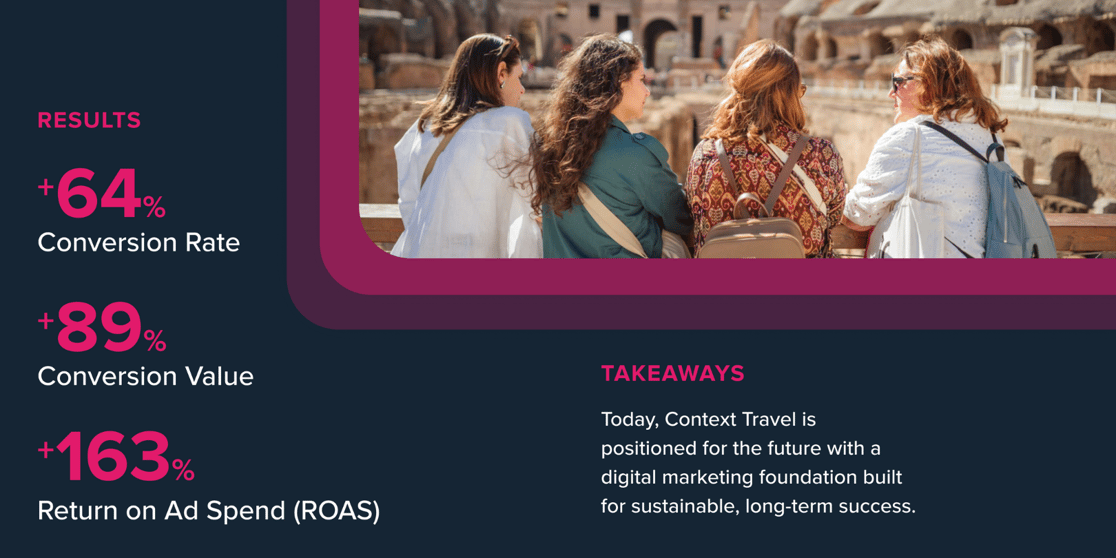
Propellic Shortlisted for Three US Search Awards!
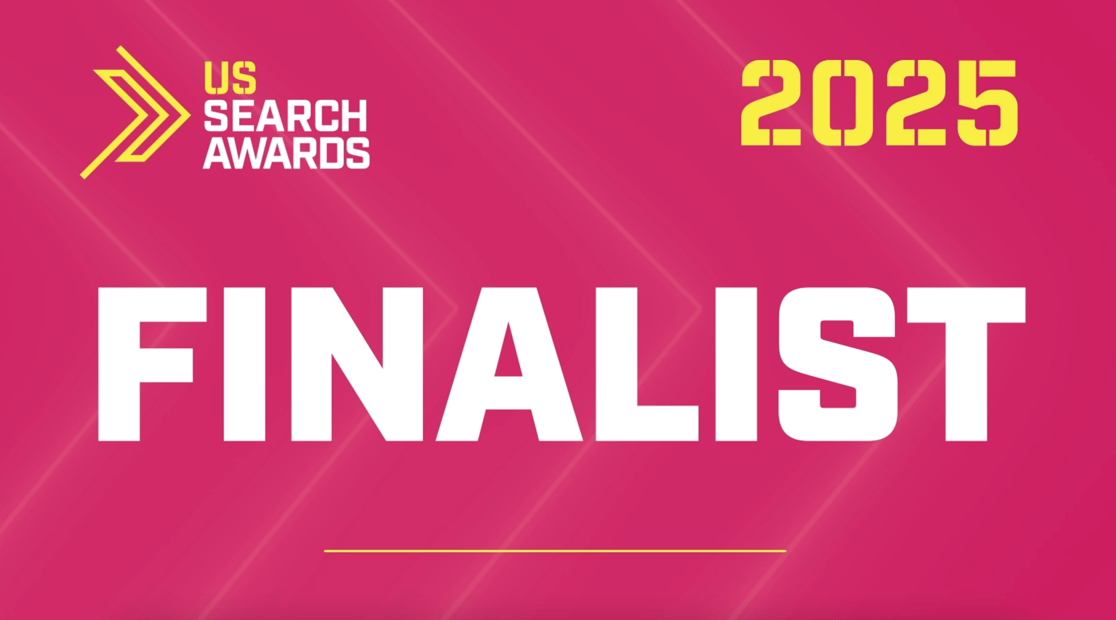
We are thrilled to announce that Propellic has been shortlisted for three US Search Awards for our work in Best Use of AI in Search, Best Use of Search - Travel / Leisure (SEO), and Best Use of Search - Travel / Leisure (PPC).
This incredible recognition is a testament to the dedication of our team and the trust of our amazing clients. We are incredibly proud of what we have achieved together.

Head of Marketing - Remote Global or Austin, TX
Head of AI Video - Remote Global or Austin, TX
Full-stack Web Developer - Remote Global
Senior Paid Media Strategist, Innovation & AI - Remote North America or Austin, TX
Head of AI Visibility Optimization / GEO - Remote Global or Austin, TX


Want To Level Up Your Travel Marketing?
Subscribe to the NavLog, our bi-weekly travel marketing roundup, where you’ll be the first to know about breaking news that impacts travel marketers and access exclusive performance marketing strategies and practical tips you can implement from the marketers at the leading edge of the travel industry.


